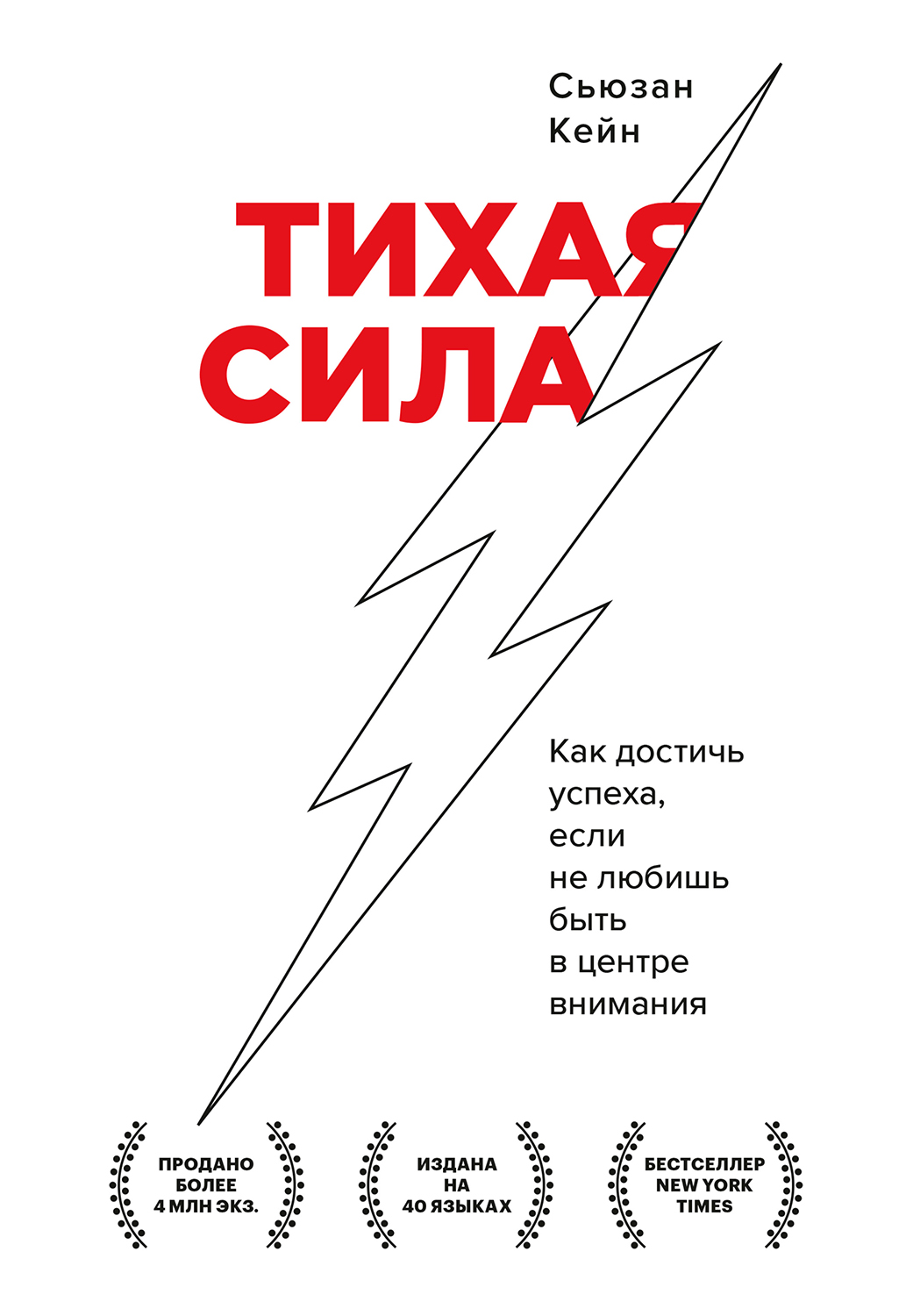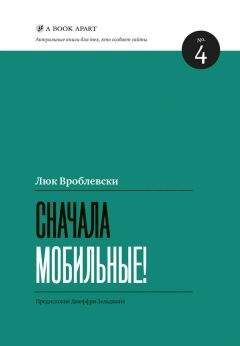CyberPsychology and Behavior 5, no. 2 (2002): 125–28.
Из электронного письма Дэйва Смита автору книги от 20 октября 2010 года.
Койл Д. Код таланта. — М.: АСТ, Астрель, ВКТ, 2010.
Дэниел Койл. Код таланта. — М.: АСТ, Астрель, ВКТ, 2010 г.
K. Anders Ericsson et al. The Role of Deliberate Practice in the Acquisition of Expert Performance / Psychological Review 100, no. 3 (1993): 363–406.
Neil Charness et al. The Role of Deliberate Practice in Chess Expertise,” Applied Cognitive Psychology 19 (2005): 151–65.
David Glenn. New Book Lays Failure to Learn on Colleges’ Doorsteps / The Chronicle of Higher Education. — 2001. — January 18.
J. L. Starkes, K. A. Ericsson. Expert Performance in Sports: Advances in Research on Sports Expertise / Human Kinetics (2003): 67–71.
Интервью с автором книги от 13 апреля 2010 года.
По данным исследования, проведенного в Берлинской музыкальной академии, к 18 годам лучшие скрипачи потратили на самостоятельное обучение в среднем более 7 тысяч часов, на 2 тысячи больше по сравнению с хорошими скрипачами, тогда как будущие учителя музыки — только 4 тысячи часов.
Mihaly Csikszentmihalyi. Creativity: Flow and the Psychology of Discovery and Invention. — New York: Harper Perennial, 1996. — Pp. 177.
Mihaly Csikszentmihalyi. Creativity: Flow and the Psychology of Discovery and Invention. — New York: Harper Perennial, 1996, р. 65.
Л’Энгл М. Складка времени. / Мир приключений. Сост. В. Мальт; М.: Детская литература, 1990.
Charles Darwin. The Correspondence of Charles Darwin. Volume 2: 1837–1843. — Cambridge, England: Cambridge University Press, 1987. — P. 67.
Информацию об этом исследовании можно найти в книге: Том Демарко, Тимоти Листер. Человеческий фактор. Успешные проекты и команды. — Символ-плюс, 2009.
См., например: 1) Vinesh Oommen et al. Should Health Service Managers Embrace Open Plan Work Environments? A Review / Asia Pacific Journal of Health Management 3, no. 2 (2008); 2) Aoife Brennan et al. Traditional Versus Open Office Design: A Longitudinal Field Study / Environment and Behavior 34 (2002): 279; 3) James C. McElroy, Paula Morrow. Employee Reactions to Office Redesign: A Naturally Occurring Quasi-Field Experiment in a Multi-Generational Setting / Human Relations 63 (2010): 609; 4) Einar De Croon et al. The Effect of Office Concepts on Worker Health and Performance: A Systematic Review of the Literature / Ergonomics, 48, no. 2 (2005): 119–34; 5) J. Pejtersen et al. Indoor Climate, Psychosocial Work Environment and Symptoms in Open-Plan Offices / Indoor Air 16, no. 5 (2006): 392–401; 6) Herman Miller Research Summary, 2007: «It’s All About Me: The Benefits of Personal Control at Work»; 7) Paul Bell et al. Environmental Psychology. — Lawrence Erlbaum, 2005. — P. 162; 8) Matthew Davis et al. The Physical Environment of the Office.
Такое название намекает на реакцию древнего человека при встрече с опасностью. Прим. ред.
Marc G. Berman et al. The Cognitive Benefits of Interacting with Nature / Psychological Science 19, no. 12 (2008): 1207–12. См. также Stephen Kaplan, Marc Berman. Directed Attention as a Common Resource for Executive Functioning and Self-Regulation / Perspectives on Psychological Science 5, no. 1 (2010): 43–57.
Matthew Davis et al. The Physical Environment of the Office.
John Medina. Brain Rules. — Seattle, WA: Pear Press, 2008. — P. 87.
Из интервью автора с Майком Микой от 12 июля 2012 года.
Kimberly Blanton. Design It Yourself: Pleasing Offices Laid Out by the Workers Who Use Them Can Be a Big Advantage When Companies Compete for Talent / Boston Globe. — 2005. — March 1.
Из выступления Джейсона Фрида на конференции TEDxMidwest 15 октября 2010 года, а также из электронного письма автору книги от 5 ноября 2010 года.
Anthony Storr. Solitude: A Return to the Self. — New York: Free Press, 2005. — P. 103.
Judith Morgan, Neil Morgan. Dr. Seuss and Mr. Geisel: A Biography. — New York: DaCapo, 1996.
Alex Osborn. Your Creative Power. — W. Lafayette, IN: Purdue University Press, 1948.
Marvin D. Dunnette et al. The Effect of Group Participation on Brainstorming Effectiveness for Two Industrial Samples / Journal of Applied Psychology 47, no. 1 (1963): 30–37.
См., например: Paul A. Mongeau, Mary Claire Morr. Reconsidering Brainstorming / Group Facilitation 1, no. 1 (1999): 14. См. также Karan Girotra et al. Idea Generation and the Quality of the Best Idea / Management Science 56, no. 4 (April 2010): 591–605. (Самое большое количество инновационных идей обеспечивает смешанный процесс, в ходе которого люди решают задачу методом мозгового штурма самостоятельно, прежде чем делиться своими идеями с коллегами.)
Adrian Furnham. The Brainstorming Myth / Business Strategy Review 11, no. 4 (2000): 21–28.
Paul Mongeau, Mary Claire Morr. Reconsidering Brainstorming.
Charlan Nemeth, Jack Goncalo. Creative Collaborations from Afar: The Benefits of Independent Authors / Creativity Research Journal 17, no. 1 (2005): 1–8.
Keith Sawyer. Group Genius: The Creative Power of Collaboration. — New York: Basic Books, 2007. — P. 66.
Susan K. Opt, Donald A. Loffredo. Rethinking Communication Apprehension: A Myers-Briggs Perspective / Journal of Psychology 134, no. 5 (2000): 556–70.
James C. Moore, Jody A. Brylinsky. Spectator Effect on Team Performance in College Basketball / Journal of Sport Behavior 16, no. 2 (1993): 77.
См. Ариели Д. Предсказуемая иррациональность. Скрытые силы, определяющие наши решения. — М.: Манн, Иванов и Фербер, 2011.; Позитивная иррациональность. Как





